Medical labarotories faced an increased workload during the Covid-19 pandemic.
Photo: AFP
Medical workers employed by one of the country’s largest laboratory service providers will walk off the job next week, in Hawkes Bay, Wellington and the South Island after a break down in pay talks.
The labs warned there would be delays for patients; despite contingency arrangements for critical or life preserving services.
The technicians and scientists process tests for everything from cancers to kidney and liver function, and of course Covid-19.
The strike followed a stand-off between the lab service’s privately owned parent company Awanui and workers covered by the APEX union.
APEX said the average wage increase claim across the lab professions was about 23 percent.
Next week, different specialty staff planned to walk off the job on Wednesday and Thursday, with more strikes planned for the following Monday and Tuesday.
New Zealand Institute of Medical Laboratory Science president, Terry Taylor, spoke to Lisa Owen about the issues facing laboratory staff.
He said the profession had taken an “incredible hammering” during the Covid-19 pandemic, with a vast amount of testing sent to diagnostic laboratories.
While scientists and technicians had “stood up to the play”, Taylor said it also highlighted “just some of the inherent issues that we do have within our sector in this country,”
Taylor said working in a medical profession that wasn’t instantly recognised – like doctors and nurses – meant many were unaware of the issues faced.
“It is no secret that we are the poorest paid frontline medical registered health profession in this country,” he said.
“Some of our technicians are on barely above the minimum wage, never mind the living wage.”
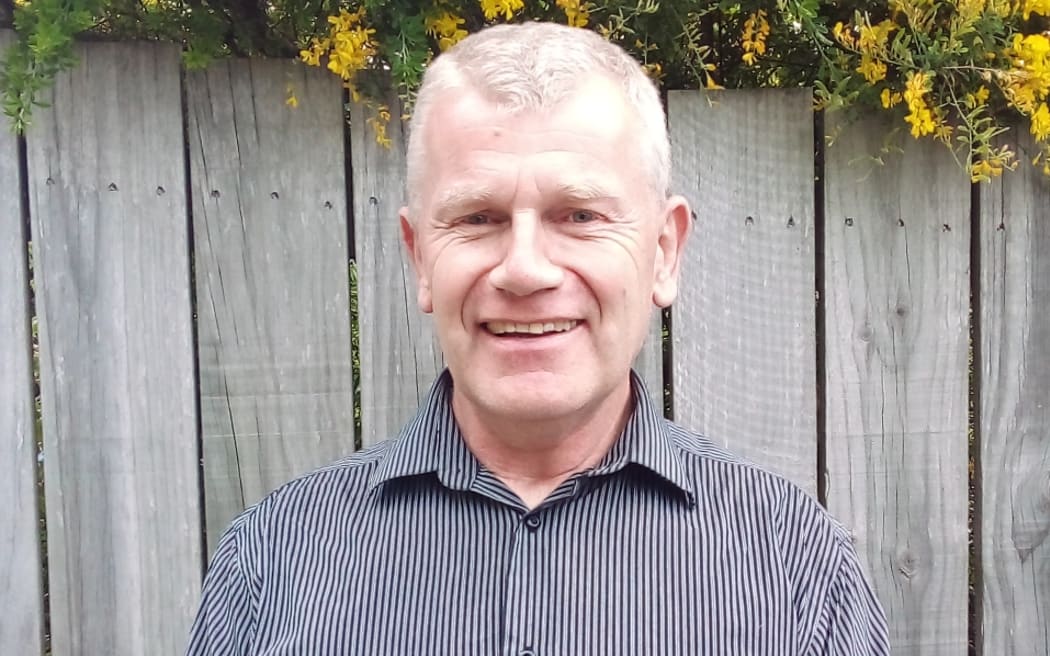
Terry Taylor, President of the New Zealand Institute of Medical Laboratory Science.
Photo: Supplied
Taylor said pay in the sector was currently sitting around 30 to 40 percent below nurses.
“That just gives an indication of how far things have slipped, because when I actually started in this profession, we used to be ahead of the nursing profession and now as far as salaries go, we sit way behind.
“And not just in the salary side, it also extends into the training and education commitment and basically how things are going within our workplaces as well.”
Taylor said someone starting out in the profession would be paid just under $60,000 and with automatic increments of pay they could get close to $80k – “but that’s it, that’s as far as it goes and that takes many many years”.
He described staff retention as being in “an absolutely perilous state”, with some moving out of the profession and into hospitality, as it paid more.
“The KFCs and the coffee shops, they actually pay better than being a registered health professional in this country, which is a real indictment on where we are at the moment.
“It’s a reality of working in an environment where the work and the conditions are not sustainable for these people to actually feed their families or never mind survive.”
Taylor said that in a hospital setting, almost all clinical decisions were going to rely on laboratory tests or diagnostic tools provided by technicians and scientists.
“Unfortunately you don’t see that, because we’re not out in the open like everyone else,” he said.
“Covid gave us that opportunity, but it’s almost like we’ve been forgotten about again – let’s get back in the lab and be hidden and no one cares.
“The reality here is that as a profession, we are the one that has been left behind the most, it’s just not sustainable for the health system to continue in this way.
“If you do not have a functioning pathology workforce, you do not have a health system. That’s it – no pathology, no healthcare.”
Meanwhile, a statement from Awanui group on behalf of its lab services it said it was disappointed the union initiated strike action after a single day of bargaining and it would be tabling a package next week.
“The industrial action will affect laboratory services in Wellington, Nelson, Christchurch, South Canterbury, Otago, and Southland regions and will mean delays to services, or no services at all, in most of these regions.
“Blood testing in the community will be severely impacted across the South Island and some regions will not have community collection services available from 12 to 18 July.”
It said the priority will be ensuring those who were seriously ill still received the critical, life preserving services they need.










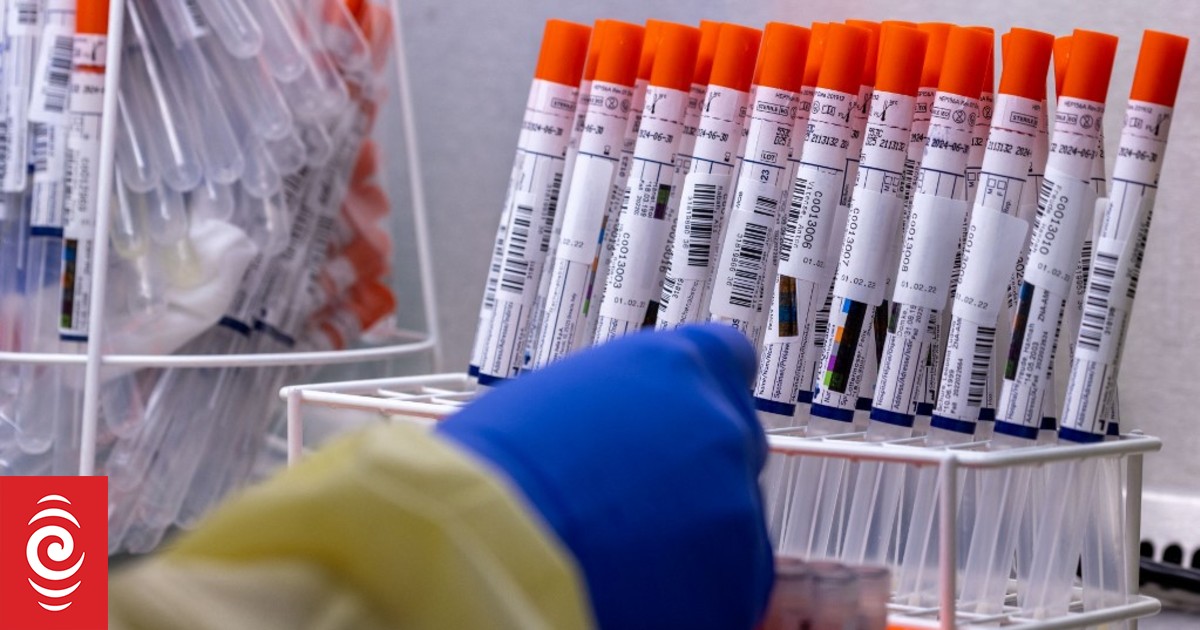
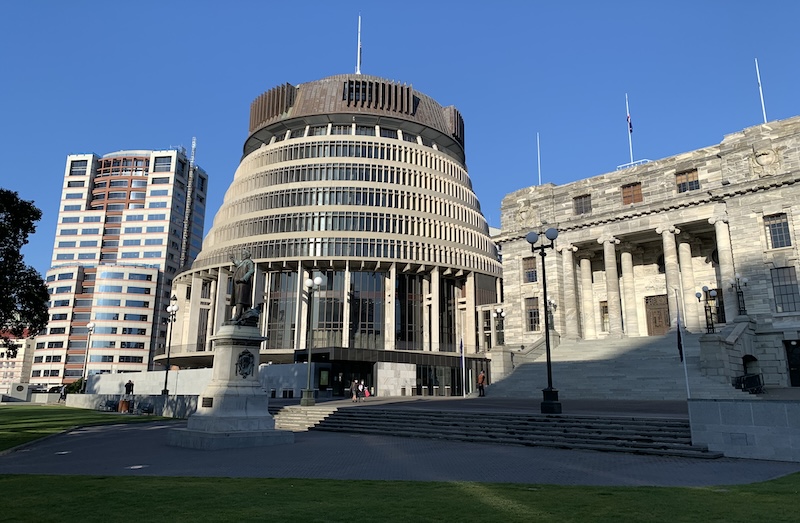

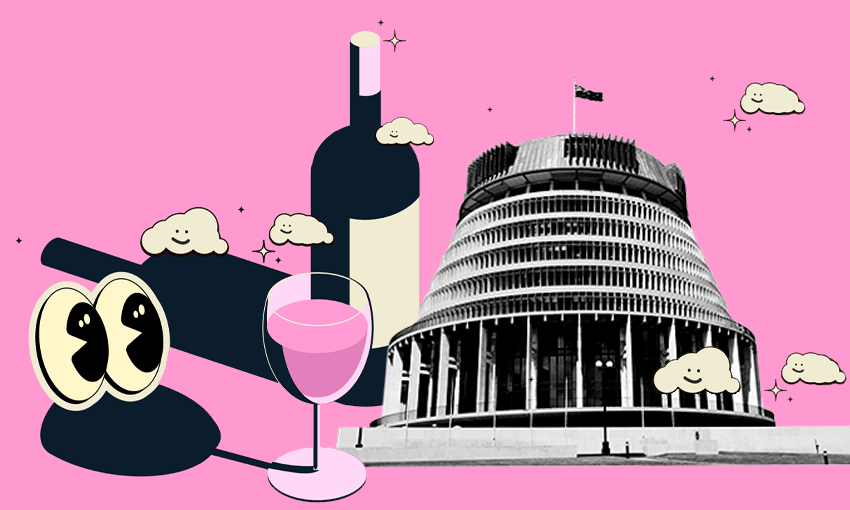

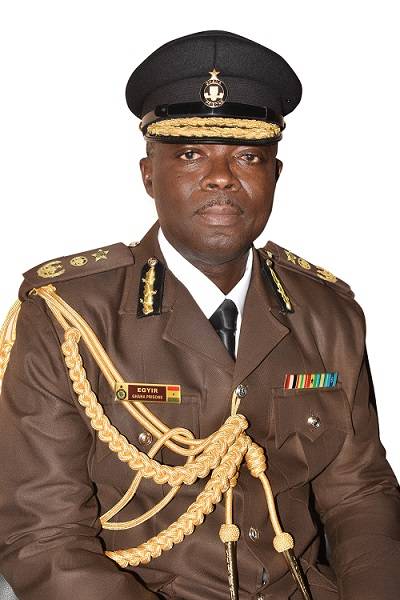





Discussion about this post